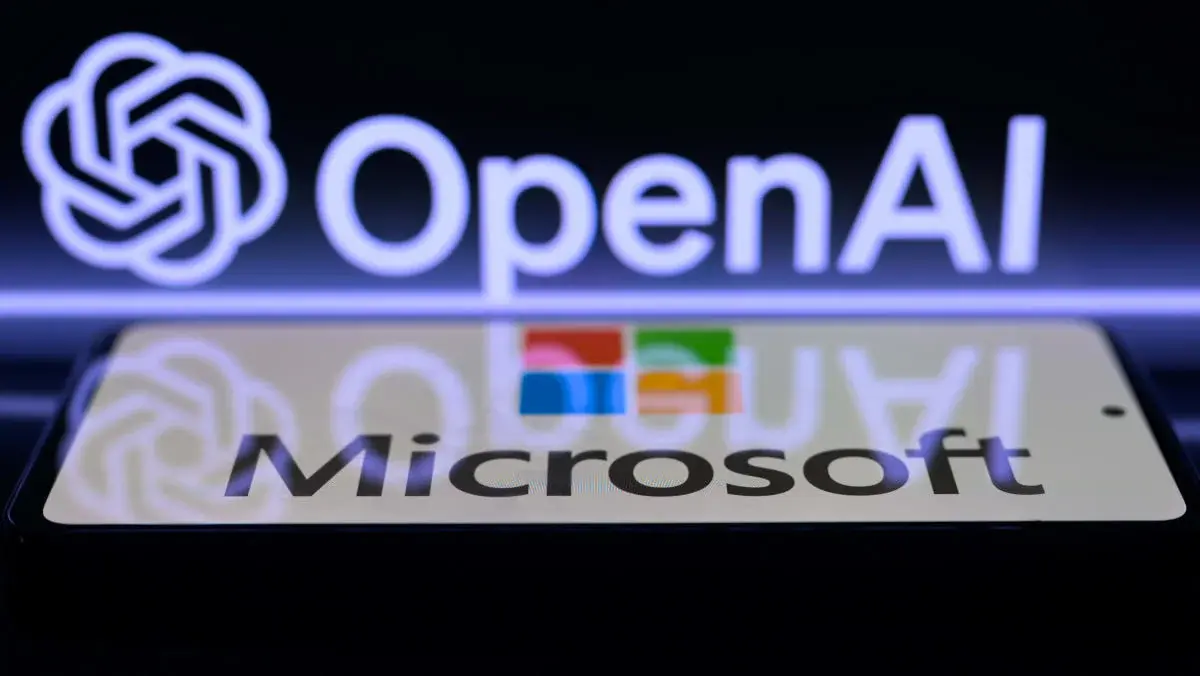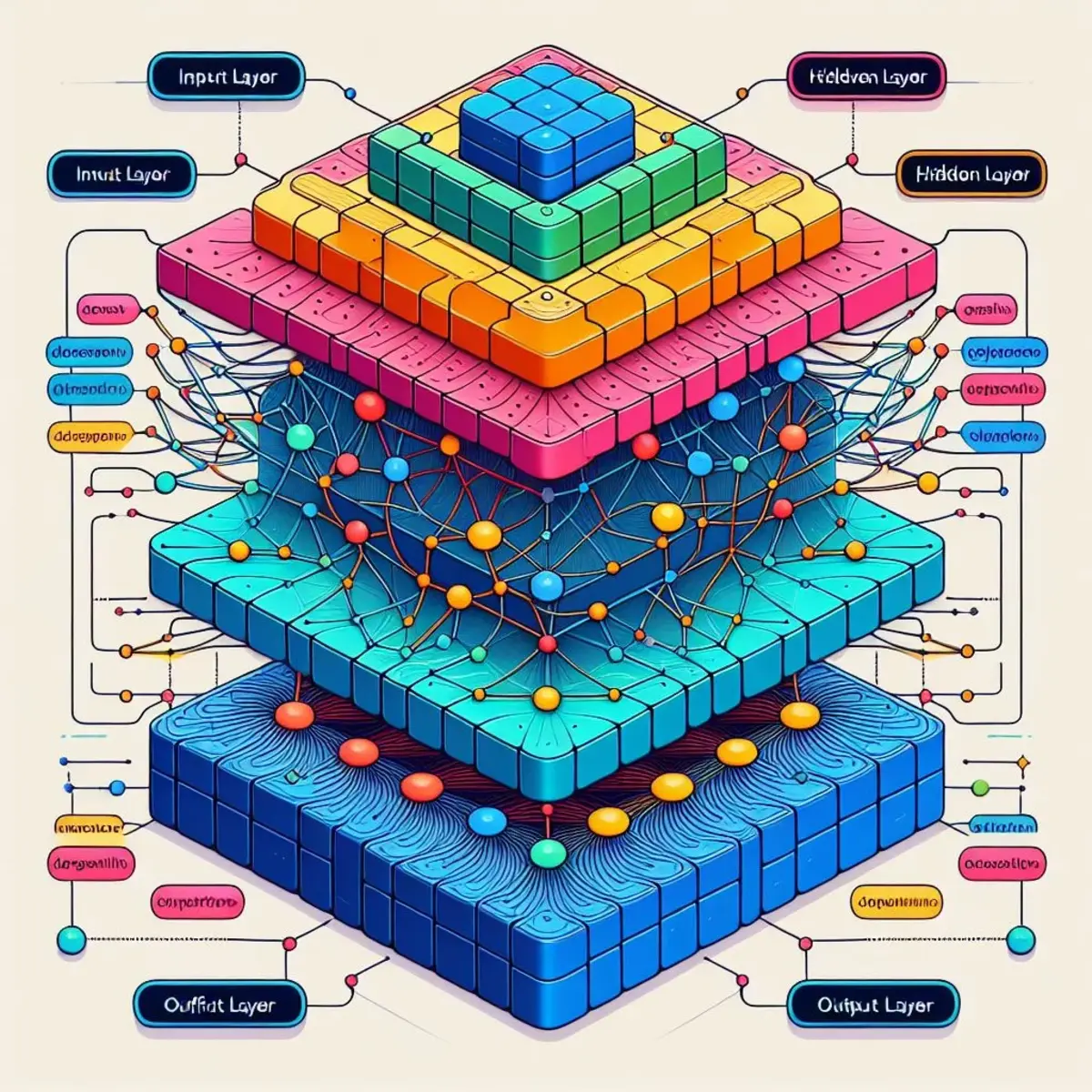Forget the dizzying hype and confusing headlines. What’s the real deal with the metaverse in 2024? Is it a utopian vision or a dystopian nightmare? The truth lies somewhere in between. Join us as we unveil the current state of the metaverse, exploring its potential and challenges, and separating fact from fiction. Buckle up, and let’s embark on this exciting journey together!
Table of Contents
The term “metaverse” has swirled around tech circles for years, conjuring images of immersive virtual worlds and a blurred line between reality and the digital. But in 2024, the dust is settling, revealing a more nuanced picture: the metaverse is neither the utopian vision nor the dystopian nightmare it was once portrayed as.

Hype vs. Reality: Where do we stand?
Let’s be honest, the initial hype surrounding the metaverse was substantial. Big tech companies threw their weight behind the concept, investing billions in VR/AR technology and platforms. But consumer adoption hasn’t quite matched the enthusiasm. Challenges like clunky hardware, limited experiences, and privacy concerns have dampened the initial fervor.
However, writing off the metaverse entirely would be a mistake. Gartner predicts that 25% of people will spend at least one hour per day in the metaverse by 2026, highlighting its ongoing potential. Moreover, a McKinsey report estimates the metaverse’s market value to reach $5 trillion by 2030, signifying its long-term economic impact.
So, what’s the current state of the metaverse?
Think of it as a work in progress. Instead of a single, unified platform, the metaverse is evolving as a collection of interconnected virtual experiences. Gaming platforms like Fortnite and Roblox offer early glimpses into social interaction and virtual economies. VR experiences like Meta’s Horizon Worlds showcase the potential for immersive entertainment and collaboration.
Beyond the hype: Emerging trends and applications
While entertainment remains a key driver, the metaverse is pushing beyond gaming. Here are some exciting areas to watch:
- Education: Imagine attending virtual classrooms with interactive learning experiences or exploring historical events firsthand.
- Work: Collaboration tools that transcend physical location, allowing for virtual meetings and even holographic avatars.
- Retail: Trying on clothes virtually or exploring products in 3D showrooms before purchase.
- Healthcare: Telemedicine consultations with immersive simulations for better diagnosis and treatment.

Challenges and considerations for the future
The metaverse’s path forward isn’t without hurdles. Accessibility and affordability of VR/AR hardware are crucial, alongside robust privacy and security measures. Additionally, ethical considerations regarding data ownership and potential social inequalities need to be addressed.
The metaverse in 2024: A journey, not a destination
The metaverse is not a fixed entity arriving overnight. It’s an evolving ecosystem shaped by technological advancements, user adoption, and responsible development. While the initial hype might have subsided, the potential for the metaverse to impact various aspects of our lives remains significant. In 2024, we’re witnessing the building blocks coming together, and the journey towards a truly immersive, interconnected virtual world continues.
Remember, the metaverse is not just about technology; it’s about the experiences it enables. As we navigate this evolving landscape, it’s crucial to approach it with a critical eye, fostering innovation while ensuring it serves the greater good.
FAQs
Q: What is the metaverse?
A: An evolving collection of interconnected virtual experiences, not a single platform.
Q: Is the metaverse just for gaming?
A: No, it has potential in education, work, retail, healthcare, and more.
Q: Is the metaverse affordable and accessible?
A: Not yet, but affordability and accessibility are crucial for wider adoption.
Q: What are the privacy and security concerns?
A: Robust measures are needed to protect user data and ensure a safe online environment.
Q: Will the metaverse replace real-life interactions?
A: No, it’s an augmentation, not a replacement, offering new ways to connect and experience the world.
Q: What is an example of metaverse?
A: The metaverse isn’t a single platform, but an interconnected network of virtual experiences. Think of it as a digital universe where people can interact, socialize, and even work through avatars. Examples include:
Gaming worlds: Fortnite, Roblox, and The Sandbox offer glimpses into social interaction and virtual economies within games.
VR experiences: Meta’s Horizon Worlds and Microsoft’s Mesh allow for virtual meetings, events, and even collaborative workspaces.
Retail simulations: Imagine trying on clothes virtually in a 3D showroom or exploring products before purchase.
These are just early examples, and the possibilities are endless!
Q: Who owns the metaverse?
A: No single entity owns the metaverse. It’s an evolving concept fueled by contributions from various companies, developers, and users. While tech giants like Meta, Microsoft, and Roblox are investing heavily, the metaverse’s future depends on open collaboration and innovation.
Q: Why is the metaverse popular?
A: The metaverse holds immense potential beyond just entertainment. Here’s why it’s gaining traction:
Immersive experiences: VR and AR technologies offer a sense of presence and engagement beyond traditional screens.
New ways to connect: Imagine attending virtual concerts, collaborating with colleagues across continents, or exploring historical sites together.
Economic opportunities: Virtual economies, digital assets, and creator tools offer new avenues for commerce and creativity.
Q: Is the metaverse the future?
A: It’s too early to say definitively, but the metaverse’s potential is undeniable. While technical challenges and ethical considerations need to be addressed, the metaverse could significantly impact various aspects of our lives. Whether it becomes the dominant future or remains a niche technology remains to be seen.
Remember: The metaverse is still evolving, and its long-term impact depends on responsible development and user adoption. Stay tuned for this exciting chapter in our technological journey!
Quotes
The metaverse is not here to replace the physical world, but to enrich it.
– Matthew Ball, author of “The Metaverse“
The metaverse is still in its early stages, but it has the potential to revolutionize the way we live, work, and play.
– Mark Zuckerberg, CEO of Meta
The key to the metaverse’s success will be ensuring it’s accessible, ethical, and benefits everyone.
– World Economic Forum report
Additional Resources:
- Gartner: https://www.gartner.com/en/articles/gartner-top-10-strategic-technology-trends-for-2023
- McKinsey: https://www.mckinsey.com/featured-insights/mckinsey-explainers/what-is-the-metaverse
- World Economic Forum: https://www.weforum.org/agenda/2023/01/metaverse-biggest-impact-industry-davos2023/

Conclusion:
The metaverse in 2024 isn’t a finished product, but a canvas full of possibilities. While technical hurdles and ethical concerns remain, the potential for positive impact across various industries is undeniable. As we move forward, responsible development and user-centric design are crucial. Remember, the metaverse is not just about technology, but about the experiences it enables. Let’s navigate this journey together, fostering innovation while ensuring a metaverse that benefits all.
2023: What do we look forward to in Cloud and DevOps?
The Revolutionary Impact of Artificial Intelligence on Various Industries in 2024










